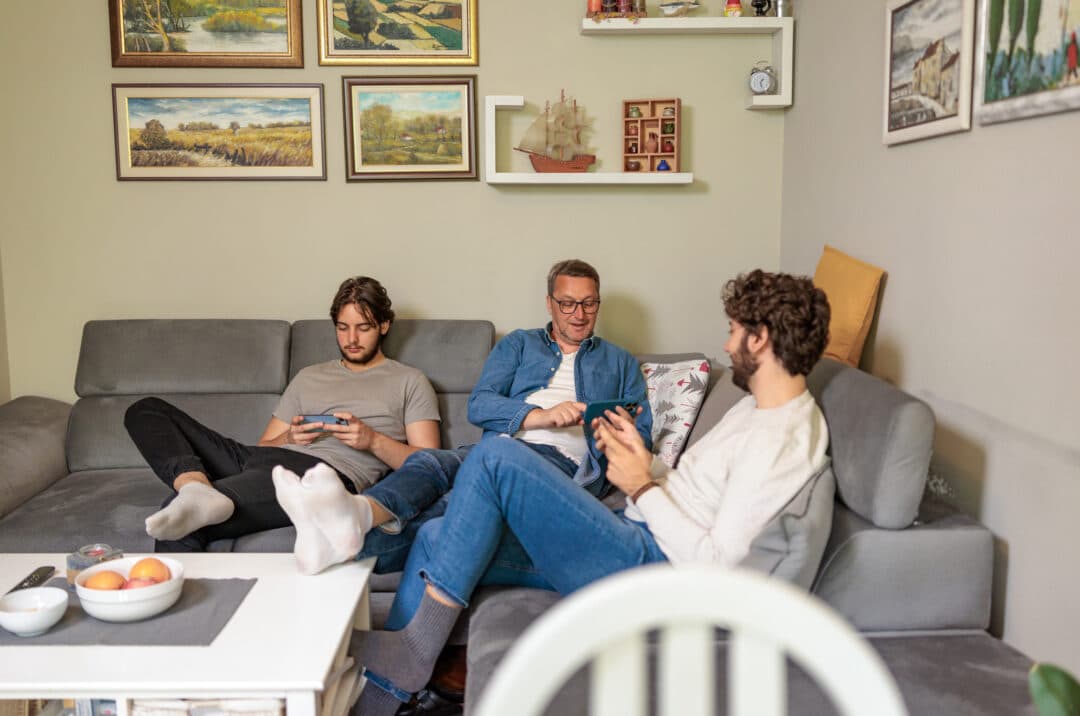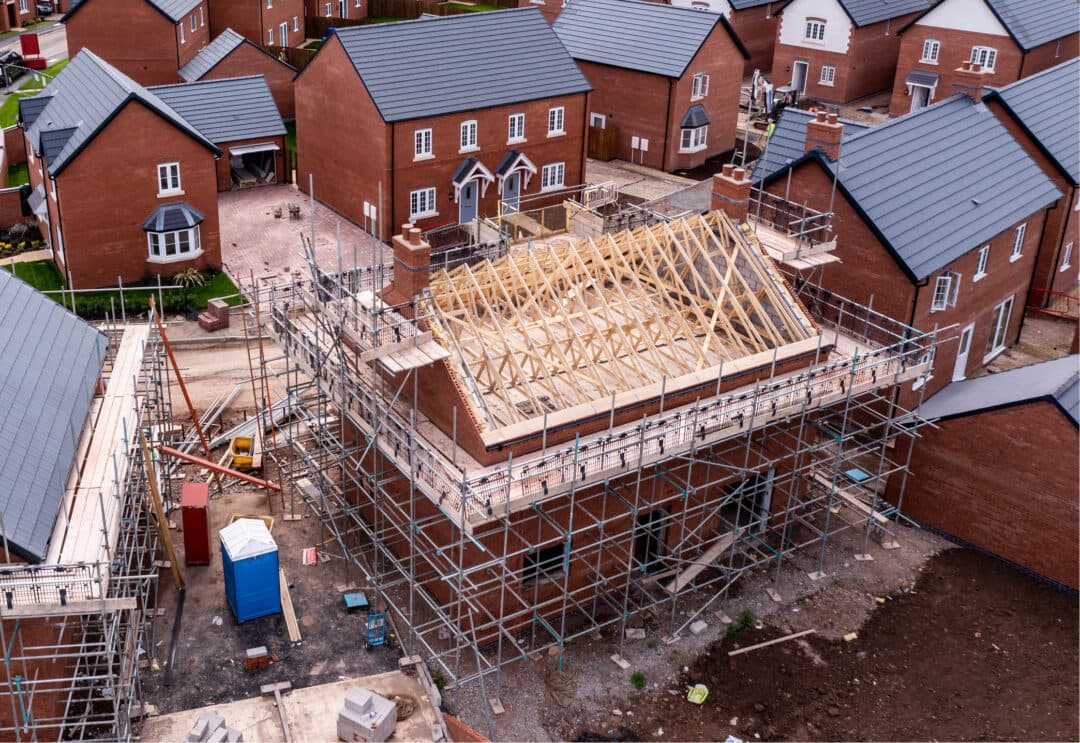Key safe installation: all you need to know

Key safes – small, code-accessed boxes subtly affixed to the exterior of a property – are quickly becoming an essential addition to any residential property.
In line with demand and best practice, Viewber has developed its own key safe supply and installation service, providing nationwide coverage. In this blog, we discuss who may benefit from a key safe, what to look for when choosing a model and how to practise good key safe management. Oddly some people feel keysafes are unsafe. At Viewber we’ve fitted literally tens of thousands of them and only had one issue – when the fire brigade mistakenly thought a keysafe on a client’s property was for the property on fire next door. Even then it needed major hydraulic pressure to open.
Who needs a key safe?
Those who need a key safe broadly fall into four main camps:
Selling or renting a property: Provide access anytime. Access is always challenging for vacant properties. Rather than leaving the keys in a ”safe place”, rather use a key safe to provide access for agents, viewers. inspections and contractors.
The forgetful: if you’re a member of any local social media group, you’ll know there are regular posts about keys: lost keys, found keys and ‘shut-them-in-the-house I need a locksmith’ keys. Key safes can be a lifesaver for forgetful people as there’s always a spare right where it’s needed most.
The busy: if your household has lots of people coming and going – dog walkers, cleaners, carers, trades – a key safe can be a stress-free way of giving access. A key safe can also limit the number of extra keys that need cutting and reduce the number of keys in circulation.
The short let landlord: whether it’s an Airbnb in the city or a holiday cottage on the coast, short lets thrive on a quick turnover of occupants. Key safes are a smart way to ensure guests can access the property at any time of day or night, and they reduce the need for the landlord to perform in-person key handovers and collections.
Not only do key safes give authorised access to a property for family and permitted third-parties, the key can also be retrieved quickly by emergency services, as long as they are given the code. In fact, key safes feature prominently on Age UK’s website.
Choosing a key safe
Not all key safes are created equal and as the industry booms, a gulf between those that offer minimal safety and those that are accredited – and are even police approved – is emerging. Viewber has chosen to only install one of three key safe models – chosen for their performance and quality but also handpicked to suit a variety of budgets.
Our models are:
- Master Lock 5401D: a mini, entry-level key safe that uses a 4-number dial lock to secure either six Yale keys or up to four, 7cm Chubb-style mortise keys.
- Supra C500 Pro KeySafe: the world’s first mechanical key safe to achieve the LPCB LPS1175 Issue 8 A5 attack rating and ‘Secured by Design’ Police Preferred Specification, with 4,096 possible code combinations.
- Master 5441ENT: a smart Bluetooth, battery-operated key safe fitted with a four digit electronic lock. Can be opened manually or by sending a time limited access code for those needing temporary access – as well as via an app, with the ability to record the access history.
Stress-free installation
Viewber’s network of key safe members provide a nationwide supply and installation service. We are meticulous about the trades undertaking the job – they must be insured, vetted and experienced before they are assigned a key safe installation booking. Once ordered, a key safe installation will take place within seven days.
Key safes and home insurance
Leaving your property locked and secure when you’re not home is a vital part of validating a home insurance policy, so how do key safes affect matters? Some insurance policies will be ineffective if there is a key safe at the property. Why?
In the event of a theft or burglary, most insurers will want evidence of ‘forced entry’ to substantiate a claim. If a criminal has simply used a key to get inside a property, the claimant may find themselves in a grey area or even uninsured.
If you have a key safe or are thinking of installing one, you should double check these insurance aspects:
- Whether the insurer provides cover for properties where a key safe is installed
- Whether they cover incidents where a criminal has forced a key box open
- Whether the policy is only valid if the key safe is chosen from a pre-set list
- Whether you need a specialist policy if your key safe is installed at an Airbnb, holiday property or short let
- Whether there are any restrictions on how the key safe is used and maintained in order to validate the policy
- Whether the key safe needs a specific placement for the policy to be valid
5 key safe best practice tips
- Consider installing a security light or CCTV system that covers the location of a key safe
- Avoid having a key safe installed directly next to a front door – a more obscure, hidden location is recommended
- If you intend to keep a vehicle key in a key safe, always check with the vehicle insurer regarding the validity of the policy should the vehicle be stolen
- Practise good safe management by changing the access code on a regular basis
- Use discretion when sharing the code – consider using an encrypted password manager to send out codes (such as Bitwarden or 1Password)
Property professional or landlord?
If you own or manage a buy-to-let, short let, Airbnb or holiday home, you can ask for a ‘preferred Viewber’ to be assigned to your property. This means the same Viewber will be offered bookings for that property first. As well as delivering an amazing continuity or service, the owner will only have to share the key safe code with one Viewber member.
For more about Viewber’s key managment options, read here.
Register with Viewber if you all set and ready to book in an installation.



